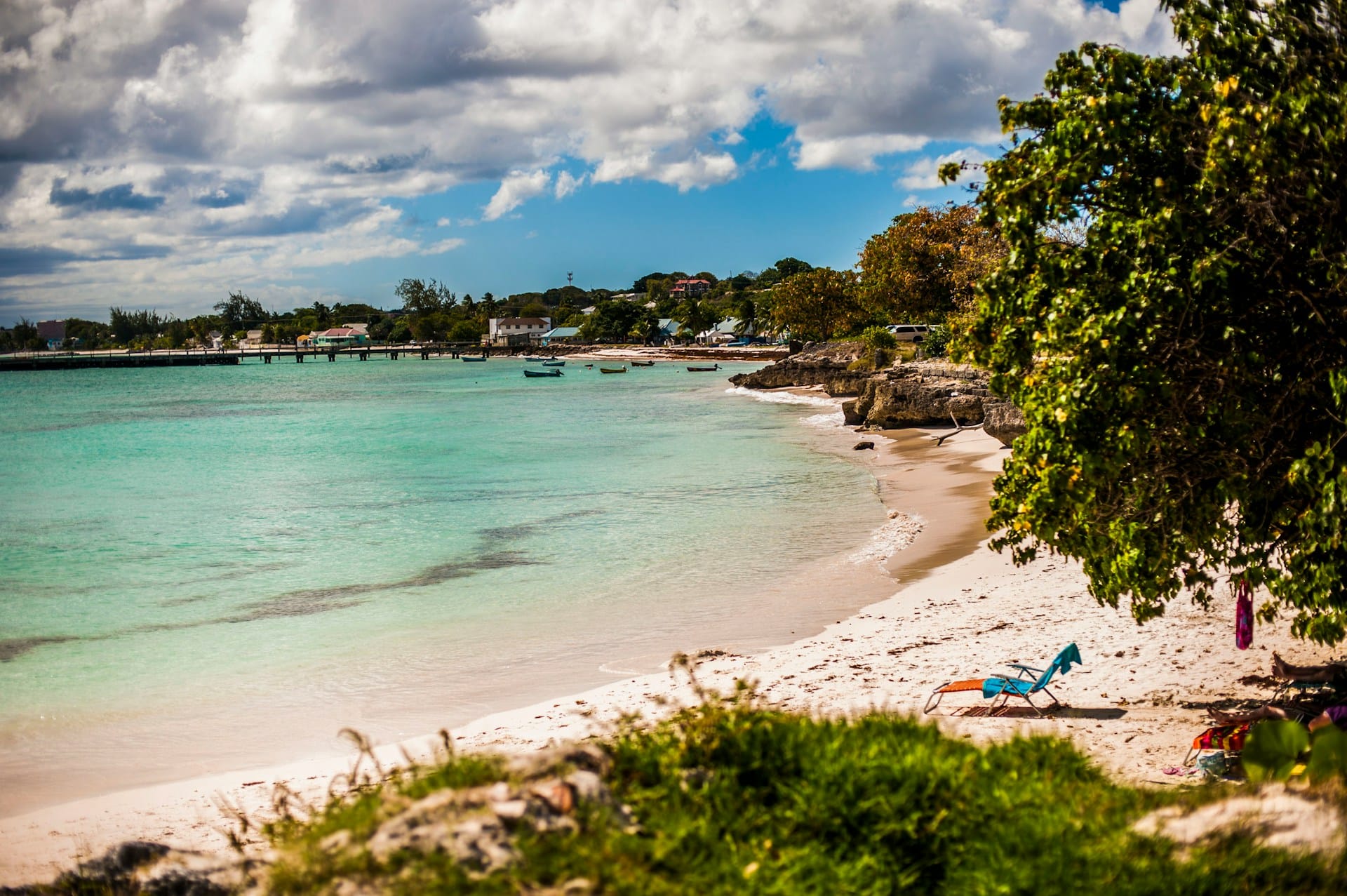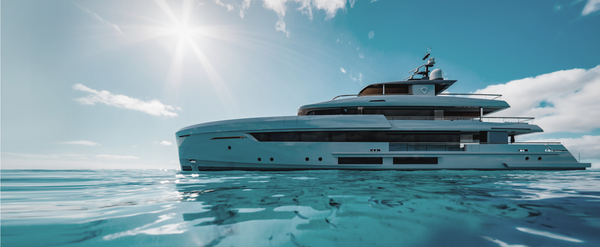How to Avoid U.S. Yacht & Boat Tariffs (Legally)

It's a fact that Europe dominates the luxury yacht market — Italy alone accounts for over half of all superyacht builds. New tariffs on imported yachts, however, could cost U.S. buyers an additional 20%, and the bigger the purchase, the bigger that extra payment. Thinking about financing? Get ready to pay interest on that extra 20%, too. Luckily, there's a well-established way to save that money that won't have the Internal Revenue Service peeking over your hedges.
It's simple: register your yacht outside the United States. It's such a common practice there's a colloquial term for it — foreign flag registration.
Is foreign flag registration really legal?
It's legal now and it's been legal for a long time: you've probably seen the proof at every marina you've ever been to, with yacht after yacht marked Bridgetown or Valletta. The process is straightforward: register your yacht in the country of your choice (we'll get to that in a minute), then apply for a U.S. cruising permit, which allows you to dock, sail, fish, or whatever else you want to do anywhere in the United States for a year before you have to renew. The process has been streamlined, in addition, with permits now being issued online — and it only costs about $35 per year. (Note that this applies only to private vessels; you cannot use this method for a yacht or boat you plan to use for charter or other commercial purposes. Commercial enterprises do make use of convenience flags, but for largely unrelated reasons, and the process is different.)
Once you've got your permit, the only restriction on renewing is that you must leave the U.S., i.e. with your vessel, for at least 15 days before reapplying.
Top Yacht Registration Choices
First things first: the best way to register a yacht anywhere is with the help of a lawyer. Another (very!) important consideration is where you may want to travel, as some popular nations consider certain ports to be of low quality, meaning they're considered to have poor standards and lax regulations. In general, as a private owner, you'll want to avoid those ports: if you're flying an unfavorable flag, you may be subject to random inspections.
With that said, let's compare some top options:

The Bahamas
Port: Nassau
Reputation: Excellent; ranked 10th overall on the Paris MoU whitelist.
Cost: From $2,855 with additional fees for first-time registration.
Time: 4-6 weeks.
Convenience: Registration can be undertaken at their New York office; custom-tailored quotes may also be obtained there.

Gibraltar
Port: Gibraltar
Reputation: Excellent; ranked 26th overall on the Paris MoU whitelist.
Cost: Initial registration can be as low as $1621, and renewals may be good for five years. Note that non-residents will need to appoint a legal representative: Gibraltar's own maritime administration website has a lengthy list of providers, many of whom will manage this process for you, bundling fees. (This is true for many ports with open registries.)
Time: If you don't mind paying extra, you can receive provisional registration in as little as one day; if you want to save, the average is around two months.
Convenience: See cost; also, Gibraltar is considered part of the UK's maritime system, which is highly-regarded and provides excellent legal protection.

Barbados
Port: Bridgetown
Reputation: Good; ranked 31st overall on the Paris MoU whitelist.
Cost: $1,400 plus fees for initial registration; $800 plus some smaller annual fees thereafter.
Time: May take as little as a few days after all forms are received.

Antigua and Barbuda
Port: St. John's
Reputation: Good; ranked 35th overall on the Paris MoU whitelist.
Cost: $350 to register, with an annual safety inspection (which does not apply to vessels under one year old) of about $1740.
Time: May take as little as one day.
Summary:
Registering a yacht outside of the U.S. can save owners a substantial amount by swerving tariffs, and many countries and territories, recognizing that value, have streamlined the process for private yacht owners. The above aren't the only popular flags to fly, but they're good options as of this writing. As always, the best authority on current fees and taxes are individual maritime offices, and connecting with a maritime lawyer or professional registration service can save you money, time, and headaches.






